Many Canadians will enjoy watching fireworks this coming Canada Day. Some may even decide to put on displays of their own. But the fun can easily be interrupted if someone gets hurt.

In the most recent study performed by the Public Health Agency of Canada, 8.6 per cent of firework injuries happen on Canada Day and almost all of them can be prevented.
According to the Office of the Fire Marshal and Emergency Management in the U.S., 210 fires were ignited by fireworks from the years 2008-2012. The estimated property loss was $2.3 million.
The U.S. Consumer Product Safety Commission estimated that 11,400 firework-related injuries occurred in the year 2013. More than half of those victims were under the age of 20.
Here are some tips to stay safe this Canada Day.
1. Buy fireworks from a reliable source.
Never attempt to make your own fireworks and stay away from buying illegal explosives. Legal fireworks should have the manufacturer’s name and directions on the product. If you are unsure, you can refer to the Canadian Consumer Fireworks Retail Package.
Some illegal fireworks in Canada include:
- Cherry Bombs
- Firecrackers
- Snaps
2. Set up fireworks on level ground.
Set up your fireworks on a hard, even surface. Fireworks can backfire or shoot in the wrong direction occasionally. Make sure you are in an open location away from houses and at a safe distance from spectators.
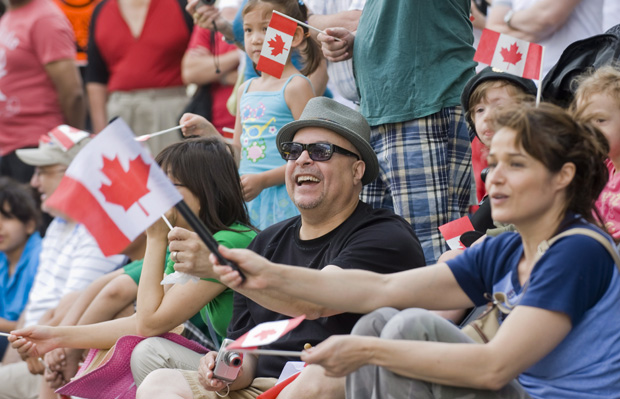
READ MORE: 10 ways to celebrate Canada Day in Montreal
3. Check the direction of the wind.
Make sure the wind is blowing away from spectators, bushes, leaves or residential areas.
4. Keep a bucket of sand, water or fire extinguisher handy.
It is important to keep an extinguisher on hand in case of emergency. Sparklers should be placed in sand after use. They take a long time to cool and should not be left in areas where they can be stepped on or touched.
5. Wear protection.
Wear gloves, goggles and stand at arms distance when lighting fireworks. Make sure hair and clothing are away from the fire source. Be aware that hairspray, bug spray and other products can be flammable. Don’t carry fireworks in your pockets because the friction can set them off.
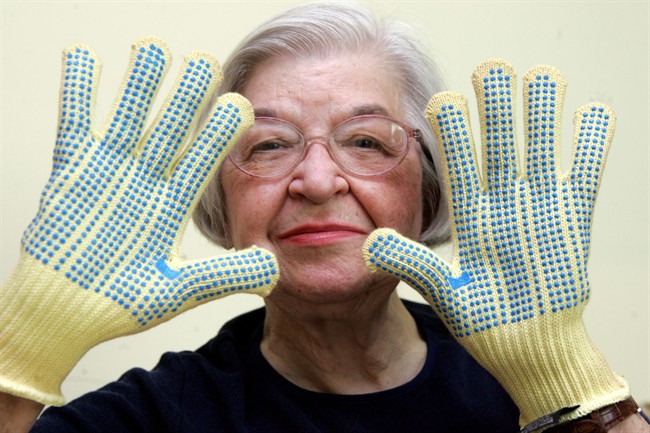
READ MORE: How Brampton residents can get firework permits under new by-law
6. Read all of the instructions.
Read the instructions carefully. Some fireworks need to be placed in the ground and all need to be faced right side up.
7. Only light one firework at a time.
Make sure to set one firework off at a time. Wicks have different lengths and may light faster than others. Leave the complicated tricks to the professionals!
8. Store unused fireworks.
Store unused fireworks in a closed box away from the firework being ignited. If the firework were to backfire you may have fireworks shooting off in every direction.
READ MORE: What’s open and what’s closed on Canada Day
9. Dealing with duds.
Never try to re-light a dud. Be careful handling the defective explosive; if ignited it could go off at any time. Place the faulty firework in a bucket of water after waiting a minimum of 30 minutes.
10. Cleanup and disposal.
Soak all fireworks in a bucket of water or cover with sand before disposing of the product. Don’t leave unused fireworks or remnants where children can reach them. Only people 18 years or older should be handling the products to reduce the risk of injury.
Some communities may require permits to set off fireworks so check your local bylaw for rules and regulations.


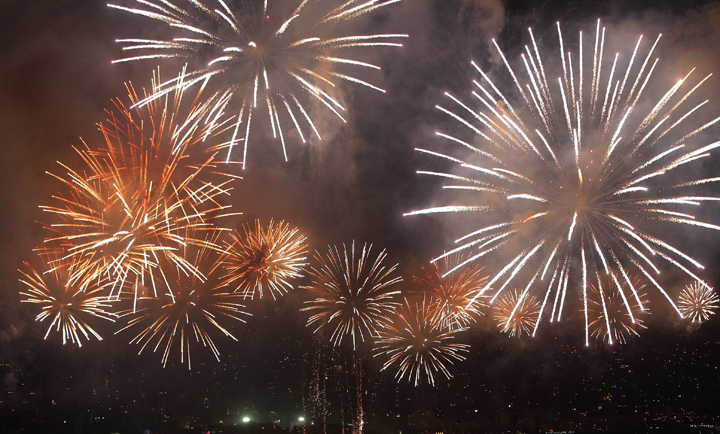
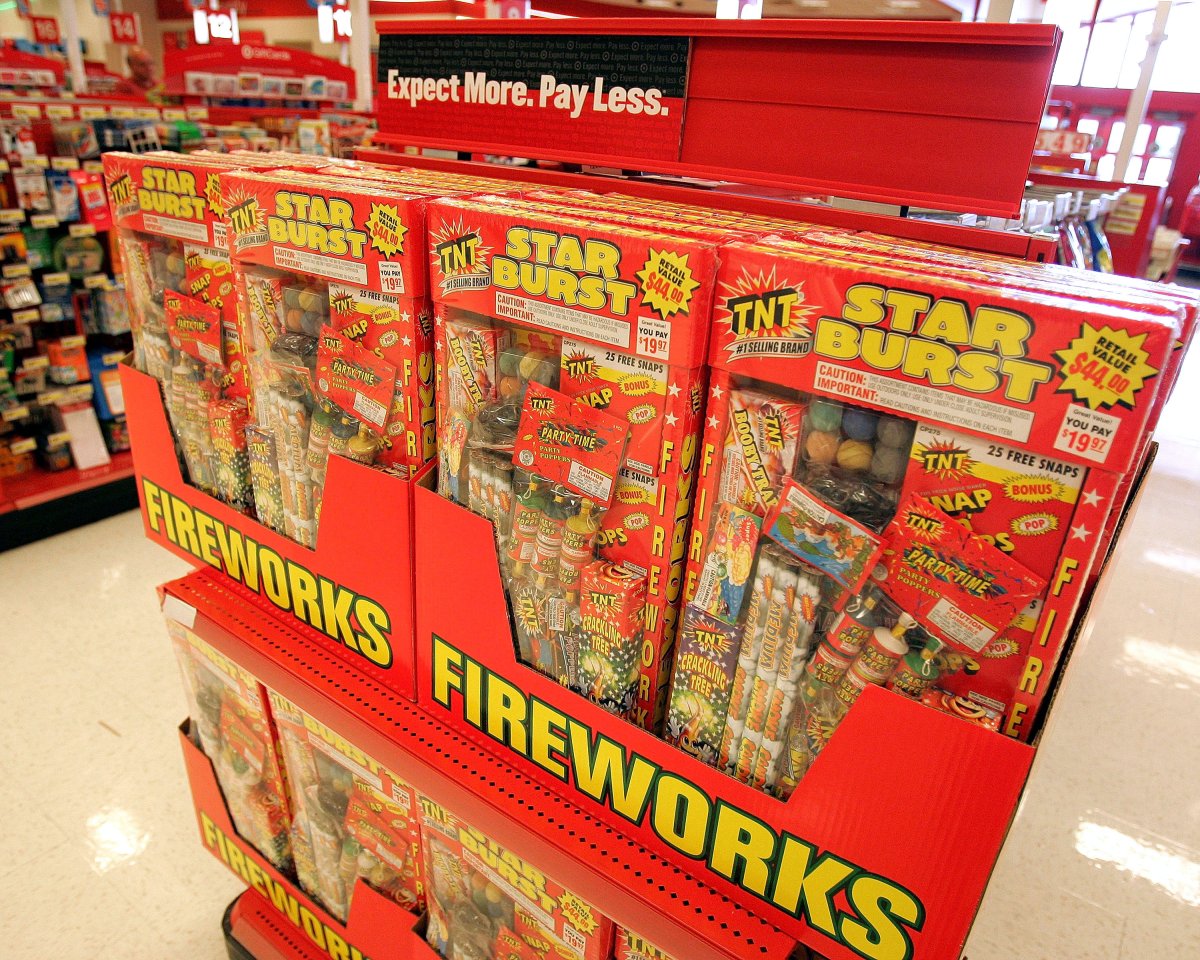






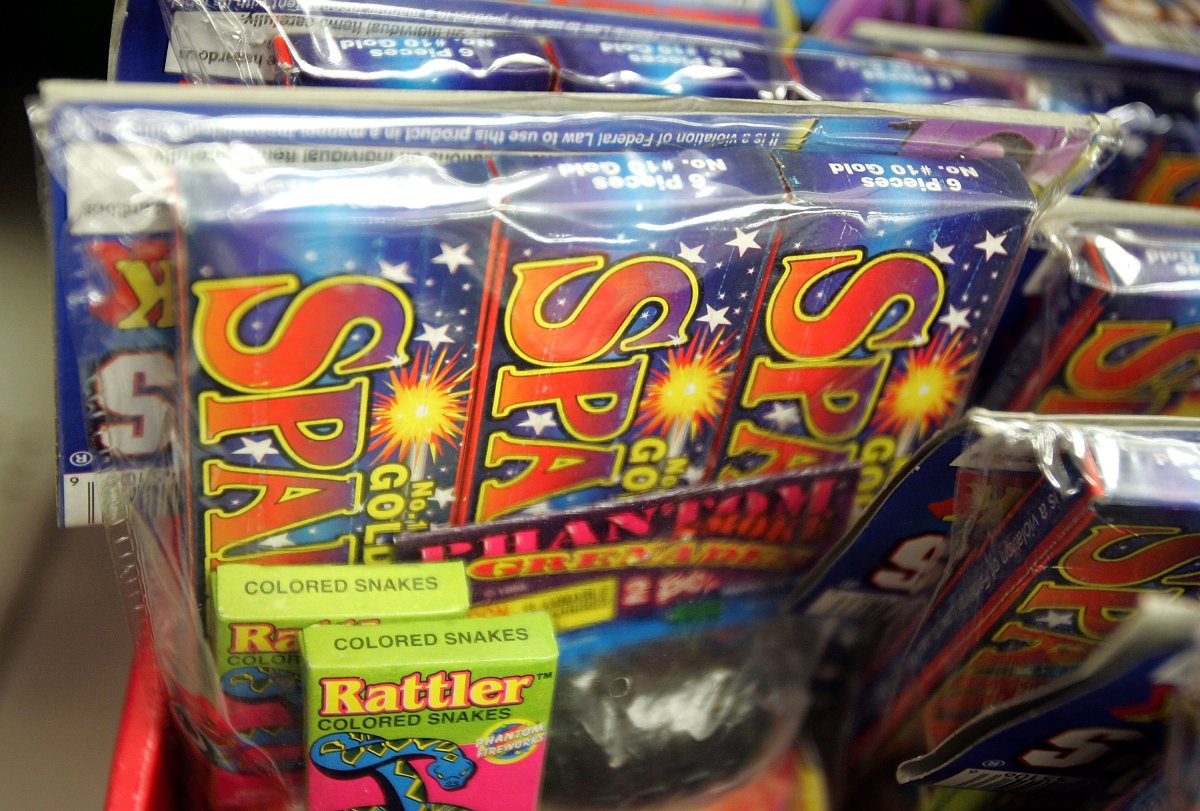


Comments